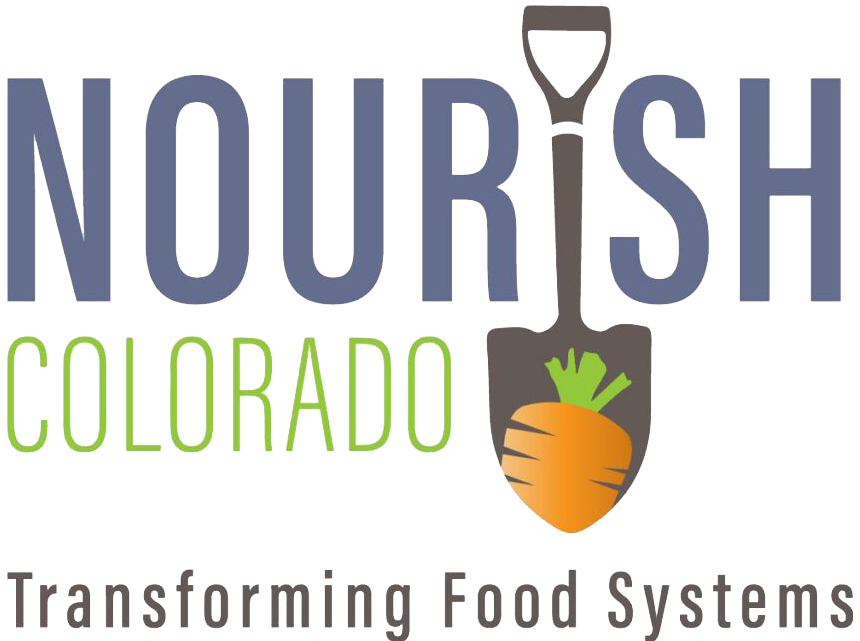Why We Need Double Up
Too many families struggle to bring home the healthy food they need to thrive. Every year, Colorado residents use SNAP to help put food on the table.
We're working towards a Colorado where everyone has greater access to fresh, nutritious fruits and vegetables.
Double Up Food Bucks is a program of Nourish Colorado. It matches EBT or SNAP dollars with vouchers that can be spent on Colorado-grown fresh fruits and vegetables, fresh herbs, dry beans, and food-producing seeds or starts, up to $20 per day.
This means more healthy food for families, more business for local farmers, and a boost for local economies. Everyone wins.
Double Up Food Bucks:
- Brings locally-grown fruits and vegetables within reach of everyone.
- Creates new markets for Colorado farmers, which puts more money in their pockets and strengthens local economies.
- Increases families' food dollars and supports better nutrition while building a fairer food system—from farm to fork.
Double Up is a Win for Everyone
With Double Up, families who receive SNAP benefits get the support to double their spending power, and receive a dollar-for-dollar match on SNAP-eligible purchases, up to $20 a day.
And the cherry on top: these purchases support local farmers and create more vibrant local economies.
People and Families
In 2023, Double Up was used to buy $1.2 million in fruits and vegetables. That's a lot of meals for a lot of people.
And more than 90% of those who used Double Up at farmers markets ate more fruits and vegetables, like apples, melons, cucumbers, and broccoli. We think that’s just peachy. Palisade peachy!
Farmers
Of farmers who participated in Double Up, 90% sold more fruits and vegetables, and 85% made more money.
With greater sales, some farmers were able to expand their production and even buy or lease new equipment—giving a particular boost to farmers just starting out.
Local Economies
To support area businesses and strengthen communities, buying more local produce is low-hanging fruit.
One dollar spent at a farmers market can generate $2.50 for a community’s economy. If more food purchases in Colorado were shifted to local sources, it is estimated this shift would create many new jobs.
A Model for America
Colorado program, national model. Double Up was piloted in Detroit in 2009, and soon became a national model. Today, Double Up is offered in more than 900 locations in dozens of states.
A little goes a long way. As food assistance is the largest single expenditure in the federal agriculture budget, redirecting even a small percentage toward locally grown food has an enormous impact in local communities.
Our Story
In 2017, we launched Double Up as a pilot program. Since then, Double Up has grown 100+ locations across Colorado, including farmers markets, farmstands, small corner stores, and grocery stores.
Coloradans can count on us to connect with their families, businesses, and communities by being collaborative, outcome-focused, inclusive, research-based, responsive, innovative, and focused on local. Double Up is one of the ambitious ways it is helping communities harness the power of food.
Our Partners
In Colorado, Double Up is operated by Nourish Colorado, a non-profit with the following mission:
We are changemakers who strengthen connections with and between farms, ranches, and communities so that all Coloradans have equitable access to fresh, nutritious foods.
We achieve our mission by engaging in policy advocacy for systemic change, managing innovative programs, and developing community partnerships and grassroots networks to rebalance the food system and create healthy food environments.
The program is operated in collaboration with a variety of partners, with guidance from Fair Food Network.

